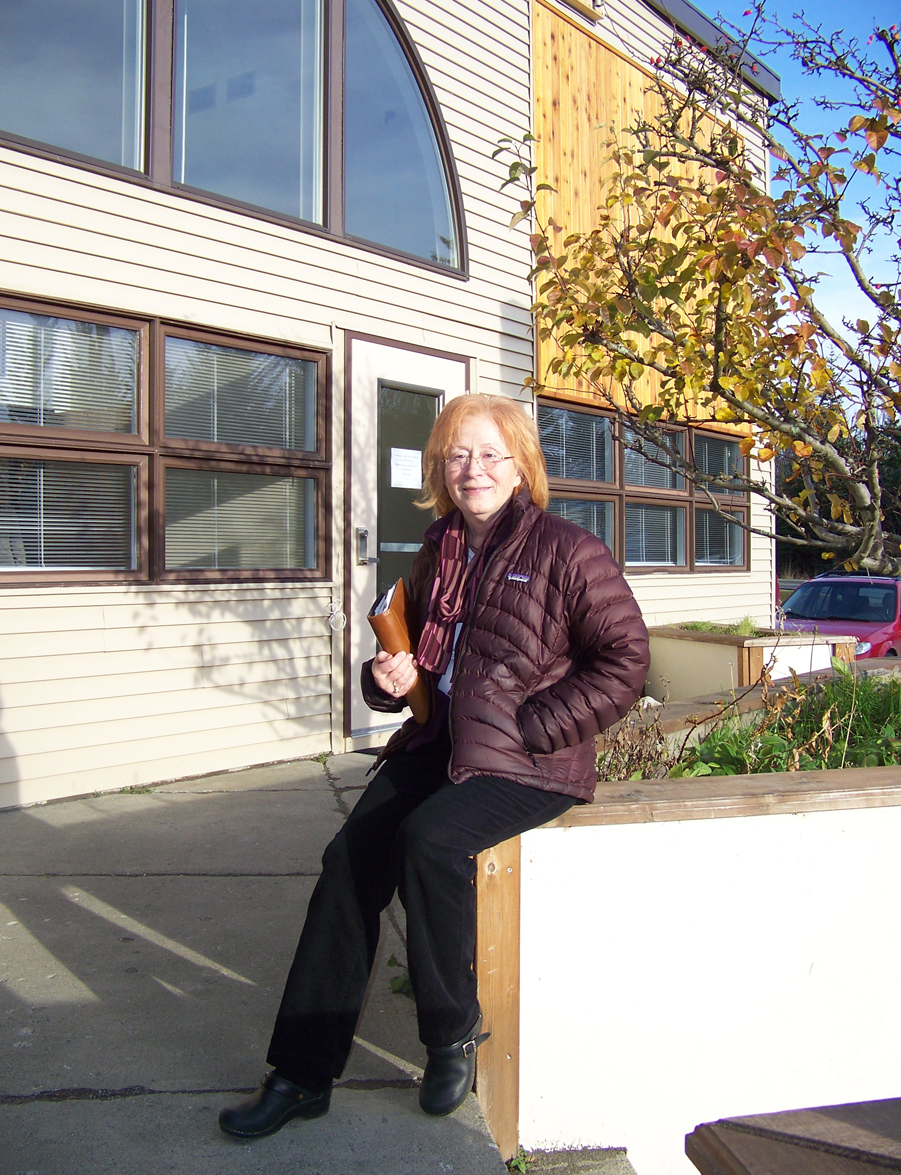South Peninsula Behavioral Health Services PRIDE Program has finally moved into its new building. Sort of.
Throughout the newly remodeled rooms of Parkside Plaza, 3665 Ben Walters Lane, cardboard boxes are stacked — some empty, some to be emptied — and furniture is in the rooms where it’s intended. Some personnel have moved into their offices, while other offices have yet to be completed. Games already are being pulled from new shelves, opened on new tables, and providing entertainment.
The 5,500-square-foot, two-story space has been remodeled by Basargin Construction, with the exception of 800-square feet currently being leased by NOAA.
Although there still is work to be done, enough progress has been made that Susan Drathman, director of the PRIDE Program, can give a sigh of relief.
In the 25 years Drathman has been with the program, she’s seen plenty of changes.
“When I first started, I worked 10 hours a week out of my own home,” she said of her first days with PRIDE, a program that promotes respect, individual development and empowerment in the environment of the individual’s choice. The program is funded by the state of Alaska. At that time, PRIDE offered services to about 15 individuals with developmental disabilities.
Drathman said 15 percent of the population experiences developmental disabilities. As the population on the southern peninsula grew, so did the program’s need for a work environment to accommodate the growth.
In 1996, Drathman gave up her home office to move into whatever empty space she could find at South Peninsula Behavior Health Services. In 1996, PRIDE purchased a duplex on Lakeside Drive, now known as PRIDE 1, and gradually filled both sides of that two-story space and its garage. In 2004, a three-bedroom house next door to the duplex was purchased and remodeled to provide more space. It became known as PRIDE 2.
Offering services to more than 80 individuals, PRIDE 1 and PRIDE 2 were bursting at the seams. “We were totally out of space,” said Drathman.
It came down to a decision between limiting services, limiting consumers or finding more room. Fortunately, they found Parkside Plaza.
The building’s hallways are wide and the ceilings are high. Light pours through the many windows.
“The colors are warm,” said Drathman of office areas. “We wanted it soothing without putting people to sleep.”
It also was important to keep the interior setting “light and cheery. I didn’t want any dark spaces,” said Drathman.
The main entrance connects to a large dining-multipurpose area and lounge. At one end of that space are two case managers’ offices. The other side of the large room opens to a kitchen, which suits the needs of PRIDE’s “dinner club,” offering once-a-week, family-style meals. It also will accommodate PRIDE’s social gatherings and parties.
Off of the kitchen are pantry and storage areas, and a hall that connects to a small multipurpose room that can be used for meetings but, once licensed, also will be available for overnight respite.
There are two restrooms, one of them handicap accessible, and laundry facilities. Stairs and a lift offer access to four case managers’ offices on the second floor.
Space is provided for PRIDE’s 115 direct-service providers to complete paperwork on computers or do training. A large, south-facing conference room rounds out the main floor’s layout.
For now, Drathman’s office will remain at PRIDE 1 until NOAA’s lease expires or that federal office finds suitable space elsewhere, but the slow move into the new address doesn’t concern her.
“It gives us time to move in and see what our needs are,” she said.
The Homer PRIDE program serves individuals in Anchor Point, Homer, Nanwalek, Nikolaevsk, Ninilchik, Seldovia and points between. The services make it possible for individuals to remain at home or in their home communities. Of the 80 people served, 12 receive services 24 hours a day and 28 receive critical supports.
McKibben Jackinsky can be reached at mckibben.jackinsky@homernews.com



